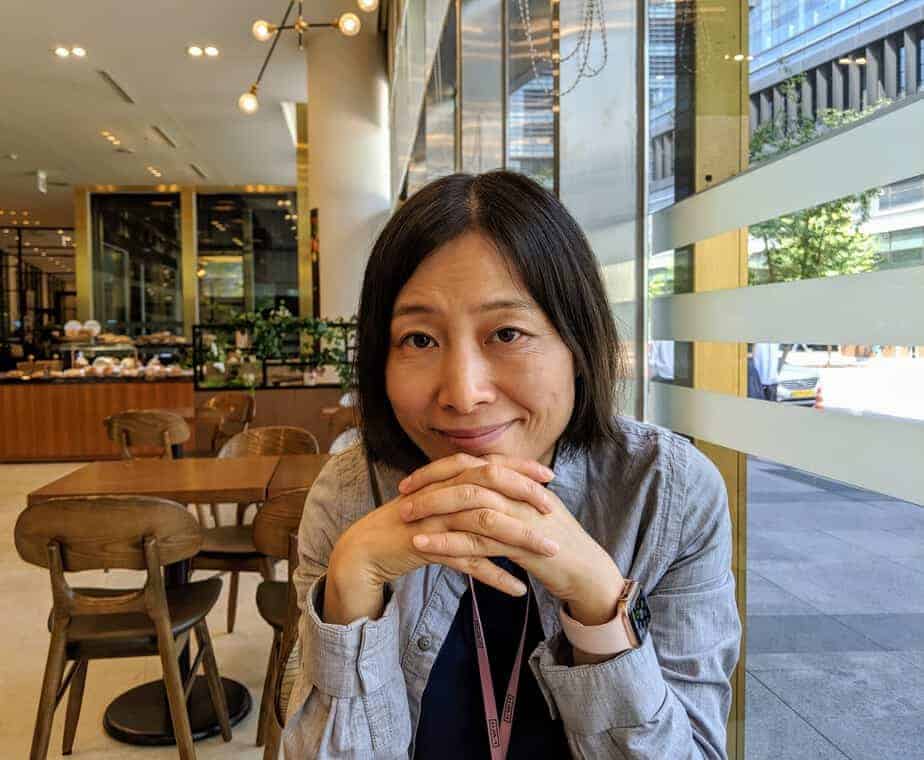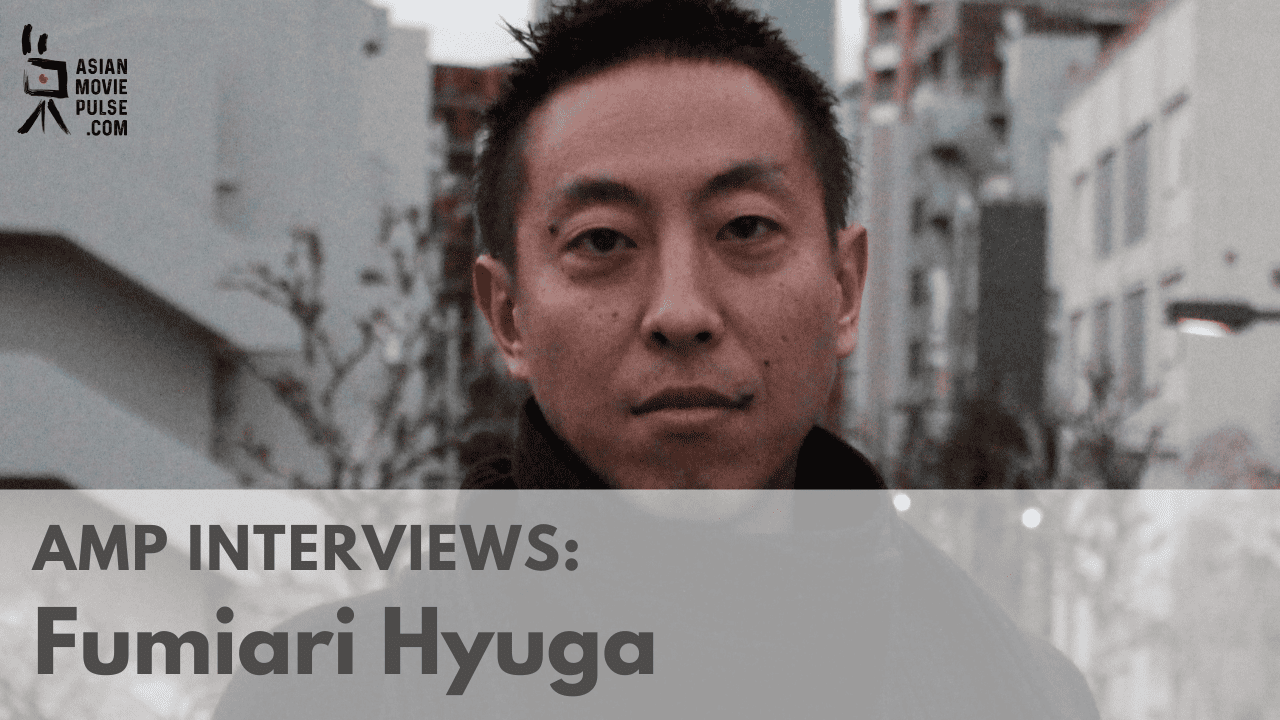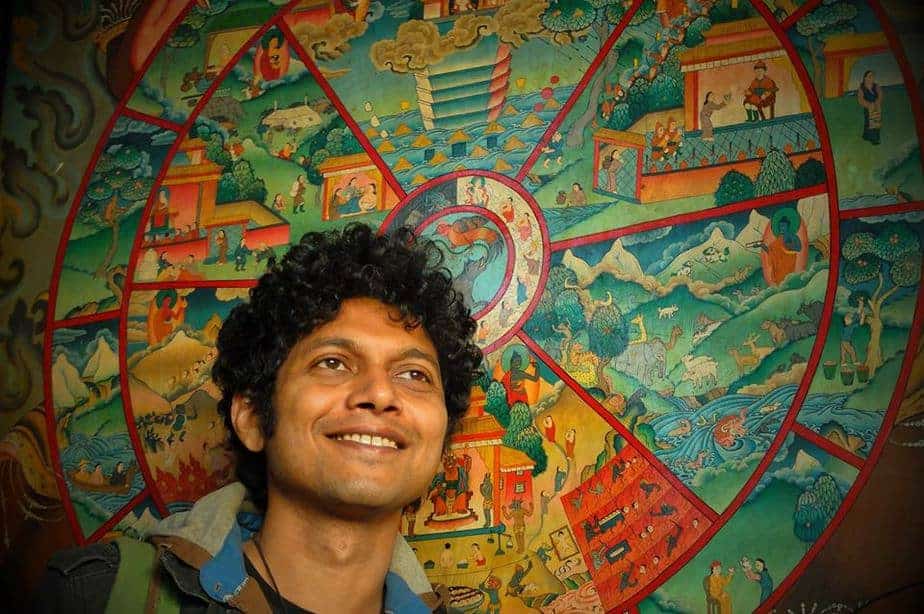Chinese professor-director Yang Yishu's “Lush Reeds” (2018) is in the running at the Seoul International Women's Film Festival – International Features Competition. Though this is her first visit to SIWFF, the Nanjing University and Shanghai University professor is no newcomer to the festival circuit. Her debut documentary short, “Who is Hao Ran” (2006), screened in Locarno IFF, Hong Kong IFF, and China Independent Film Festival. Her first feature, “One Summer” (2014) reaped Beijing Independent Film Festival's coveted Prix Du Jury and Best Fiction Film of the Year Award.
Now, she has made a fantastic comeback with “Lush Reeds.” Premiered in Vancouver IFF and then showcased in Pingyao Crouching Tiger Hidden Dragon IFF and Asia Film Festival, “Lush Reeds” has captured the attention of audiences far and wide with its deftly manicured, enigmatic visuals. As SIWFF, we had the fortune to ask her about some of the deeper themes running in her film — discussing ideas of media censorship, the body, and time.
“Lush Reeds” is very atmospheric. How did you find the right tone for your movie?
When I began to write the script, I had just returned [to China] from California. I had so many things to deal with when I came back – it's hard for someone to move – and not necessarily because of physical possessions. There's something more emotionally taxing, more personally exhausting, to relocating. I think some of the fatigue came from coming back to a China that had culturally and ideologically changed. Xi ushered in a new era. The media was more restrained than before; censorship crackdowns were stricter. I wanted to convey this social atmosphere, of this post-Xi shift of anxiety and watchfulness.
I also wanted to convey the change in people. There is one main couple; the wife Xiayin (Huang Lu), a reporter stuck in the past, and her husband (Lin Zheyuan), a professor successfully adjusting to the changing times. There's a sort of survival of the fittest going on here – one where he will leave her if she doesn't keep up.

It's intriguing that the professor has such a role, when you are a professor yourself. Was this based off of your personal experience at all?
I conduct research on world and Chinese film history, looking at directors and on all kinds of new waves. I also finished a postdoctorate in sociology, so this probably plays into how I write my characters. But professional work doesn't really help — it's mostly research-based — but it is nice when my fellow faculty come out to support my film. (laughs)
I want to point out that this film in particular is in opposition to the university. The professor's role is a critique of an intellectual. Professors are too smart, you know? They try to protect themselves, and do not say no to objectionable things. They play by the rules to profit off of them. This is Xiayin's husband's irony:at school, he theorizes about social justice in urban planning, but at home, he doesn't practice what he preaches. I want to mark the difference between the real world and ideas.
And the child, too. She's kind of like a foil for Xiayin's husband, right? Who is she really?
The child (Feng Yizhi) is a mystery character. Actually, she echoes the older lady from the countryside; it's like Ancient Chinese witchcraft. They do the same gesture when they recall the dead. She's like a spirit, like a witch; like a manifestation of past energy and power and courage.

I picked up on some feminist vibes in your film, too.
There's a poem in Ancient China about young girl about to marry. She has many beautiful dreams about her family and her future. But in modern China, it's not the case for Xiayin. Her marriage is unstable. Her job is threatened. She suffers from immense physical and mental pressure – from her miscarriage and her inability to keep up with societal change. So I used a sentence from the poem – called “Lush Reeds” – to mark the contrast between Ancient and modern China, between hopefulness and haplessness.
Critics have pointed out the anachronism in “Lush Reeds” – some even saying that it makes it confusing. What motivated the film's unique sense of time?
It's an experiment in telling narrative. There's no one half of the film that is just a single piece of time; instead, time is in a complete crossover. The first half has bits of the second half, and vice versa. This questions linear narrative structure. But while time flows into each other, the characters change. Xiayin revives over the course of the the film; she finds a way to deal with her past [miscarriage]. But her husband [who still wants to have a baby] hasn't changed; he's still the same.

For a film about media censorship, did you find any challenges in distribution?
We had some select theatrical viewings of “Lush Reeds” in China. The film is different there. We made edits in over fourteen or fifteen places. You watched the international version – or I guess you could say you saw the director's cut (laughs).
And finally — is there anything you would like to add?
I'm still in the scriptwriting stage for my next project, but for now the story will about another middle-class woman pit in extreme conditions. It will be reflective of society; a lot of it will be based off of my friends in real life, and social news as well.
As for “Lush Reeds” — this is my first time at a women's film festival in Korea. My last movie [“One Summer”] – which screened in Busan IFF – wasn't a women-specific film festival. I'm curious to hear how people receive my film in the field of women's cinema!















